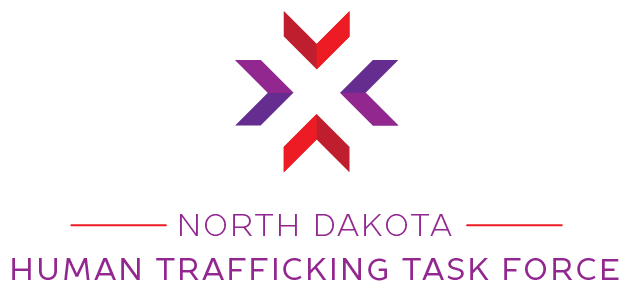Shielding Our Protectors: Addressing Vicarious Trauma in Helping Professions
2025 Bakken Human Trafficking Summit Blog Series – Session 3
At the 2025 Bakken Human Trafficking Summit, Melissa Kaiser delivered a powerful and deeply personal session titled “Shielding Our Protectors.” This breakout addressed a reality too often overlooked: the emotional toll that child welfare, trafficking response, and advocacy work takes on those in the field.
Melissa drew from years of experience working alongside professionals exposed daily to trauma—law enforcement officers, social workers, victim advocates, legal staff, medical providers, and more. Her message was clear: those who work to protect others need protection too.
Understanding Vicarious Trauma
The session began by helping attendees name and identify the cumulative effects of vicarious trauma, compassion fatigue, secondary traumatic stress, and burnout. Melissa shared that professionals often feel emotionally worn down, disconnected, or physically drained—but rarely have the space or support to recognize these symptoms as consequences of exposure to human suffering.
“When someone comes into your office in crisis, your brain and body respond too. We’re not immune to stress just because we’re trained to help,” Melissa said.
She explained that this can eventually lead to:
Reduced empathy or numbness
Decision fatigue and errors in judgment
Isolation or irritability in personal relationships
Mental health challenges such as anxiety, depression, or PTSD
The Need to Normalize Trauma Conversations
One key takeaway was that too often, conversations about stress or overwhelm are whispered—or not spoken at all. Melissa encouraged attendees to create workplaces where it’s okay to not be okay, and where leaders model wellness strategies out loud.
“If the only time people hear you talk about your wellbeing is when you’re running on empty, you’ve already waited too long,” she noted.
Practical Strategies and Hope
Melissa shared tools that anyone can implement:
Daily check-ins: Stop and ask yourself how you’re doing emotionally, physically, and mentally.
Name your stress: Simply putting a word to how you're feeling (“frustrated,” “grieving,” “exhausted”) can reduce intensity.
Rebuild your baseline: Find moments of restoration, no matter how small—stepping outside, drinking water, or laughing with a colleague.
Support systems: Supervisors and team leads should regularly ask, “What support do you need this week?”
The session ended with a reminder that resilience is not something you’re born with—it’s something you build. Attendees were encouraged to return to their organizations and begin conversations that prioritize wellbeing, validate the emotional labor of their teams, and protect those on the frontlines of anti-trafficking efforts.


